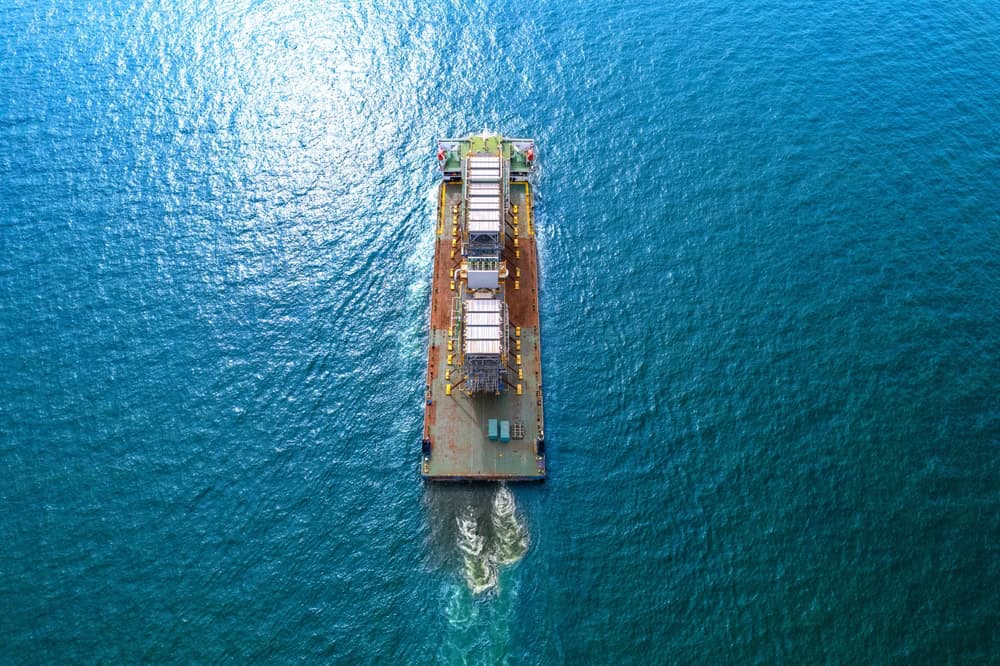Global carriers are adopting an AI-powered system to detect undeclared dangerous goods that have led to a sharp rise in shipboard fires. The World Shipping Council says the tool will analyze millions of bookings in real time to prevent tragedies at sea.
The shipping industry is turning to artificial intelligence to combat a rise in container ship fires linked to undeclared hazardous goods. The World Shipping Council (WSC) has unveiled a new digital tool that scans millions of cargo bookings to identify potential risks before vessels set sail.
Shipboard fires reached a decade-high in 2024, according to a review by Allianz, with many incidents traced back to cargoes that were mislabeled to avoid higher handling fees. Lithium-ion batteries, charcoal, and other flammable goods have been at the center of several high-profile accidents.
WSC Chief Executive Joe Kramek announced the program at London International Shipping Week, noting that carriers representing 70 percent of global container freight capacity had joined. “We have seen too many tragic incidents where mis-declared cargo has led to catastrophic fires, including the loss of life,” Kramek said.
The AI system will use pattern recognition and anomaly detection to flag suspicious bookings. Once identified, carriers will have the option to conduct physical inspections. The technology will also learn from past cases, building a reference database that helps detect future risks more effectively.
Undeclared and mis-declared goods remain the leading cause of ship fires. Photo from World Shipping Council.
Rahul Khanna, Global Head of Marine Risk Consulting at Allianz Commercial and a former ship’s captain, highlighted how scale has worsened the problem. “Ten years ago the biggest ships carried 10,000 containers, now it’s 24,000. The latest issue is lithium ion batteries, so you see shippers declaring shipments as, say ‘computer parts’ rather than hazardous materials in order to avoid extra costs,” he said.
Khanna added that the predictive capability of the software makes it especially valuable. “The beauty is that if it figures out, say, that ‘children’s toys from Taiwan’ have previously been used as a misdeclaration for pyrotechnics, then it learns for future reference and searches using keywords and geographical reference,” he explained.
Recent events underscore the urgency. The Singapore-flagged Wan Hai 503 caught fire in the Indian Ocean in June, leaving four crew dead. It was towed into port after two months adrift, and investigators suspect undeclared dangerous goods may have played a role.
The initiative has gained backing from the International Group of P&I Clubs, which covers liability for 90 percent of the world’s ocean-going tonnage. The insurers called for widespread adoption of the system across the container shipping sector.
As global demand for batteries and other sensitive cargo grows, the pressure on carriers to deliver safely and on time will only increase. For an industry carrying 90 percent of world trade, the adoption of AI could be one of the most effective tools yet to stop small misdeclarations from turning into deadly disasters at sea.





